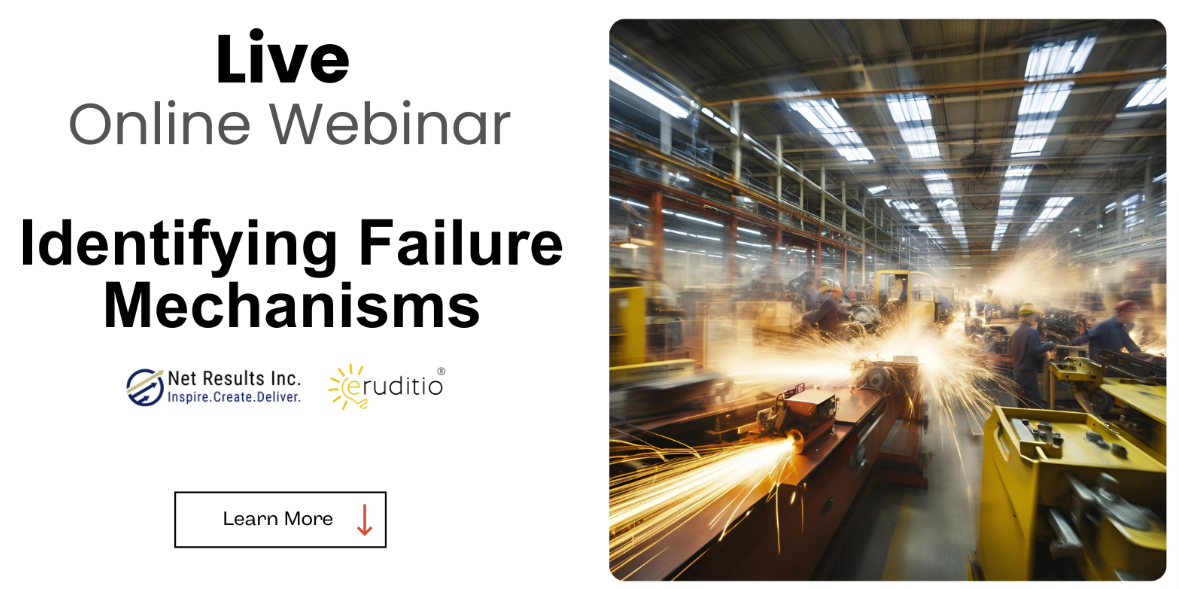What is Rebecca up to?
Rebecca Ronshausen believes that coaching in technicians’ real-world environments, using their own tools and software, is more effective than traditional training. This hands-on approach enhances classroom learning by addressing specific challenges.
She has pioneered a custom coaching format, developing one-on-one lessons, job aids, and handouts designed to support your team’s learning journey. These materials remain valuable long after the sessions have concluded, reinforcing key concepts and best practices.
Kudos to Rebecca for her dedication and hard work. She continues to elevate our team, and we are incredibly proud to have her with us!
Net Results Inc. collaborates with Grede St. Cloud in Minnesota conducting a successful LPA Training
We extend our sincere gratitude to Grede Holdings LLC for the opportunity to collaborate on yet another successful project. Net Results Inc. proudly stands alongside an exceptional team, and we are eager to achieve even greater success together in the future.
Identifying Failure Mechanisms – Live Online Webinar
Prevention and detection of machinery failures begins with understanding how things fail.
If you don’t understand the differences between abrasion, adhesion, corrosion, and erosion…you will likely deploy the wrong strategies to prevent the failures and detect the failures.
Understanding what actually happens to bearings, seals, couplings, winding insulation, pump impellers, gears, tanks and piping, etc. is paramount to an effective asset management strategy.
Join us for our online workshop – Failure Mechanism Webinar on December 16-18 (4-hours each day).
Take a major step on your reliability journey by mastering an understanding of failure mechanisms and what they mean to your assets.
Net Results Inc. announces the “Body Shop Failure Mechanism Course” for Automotive OEMs, and Tiered Suppliers, led by Andy Page, Ph.D.
This Practical Training, developed and delivered by experienced industry professionals, will help you understand the concept of failure modes, how to identify them, and the distinctions between failure modes, failure mechanisms, and failure effects. Additionally, you will explore the most common mechanical, electrical, and chemical mechanisms that affect key parts and components.



